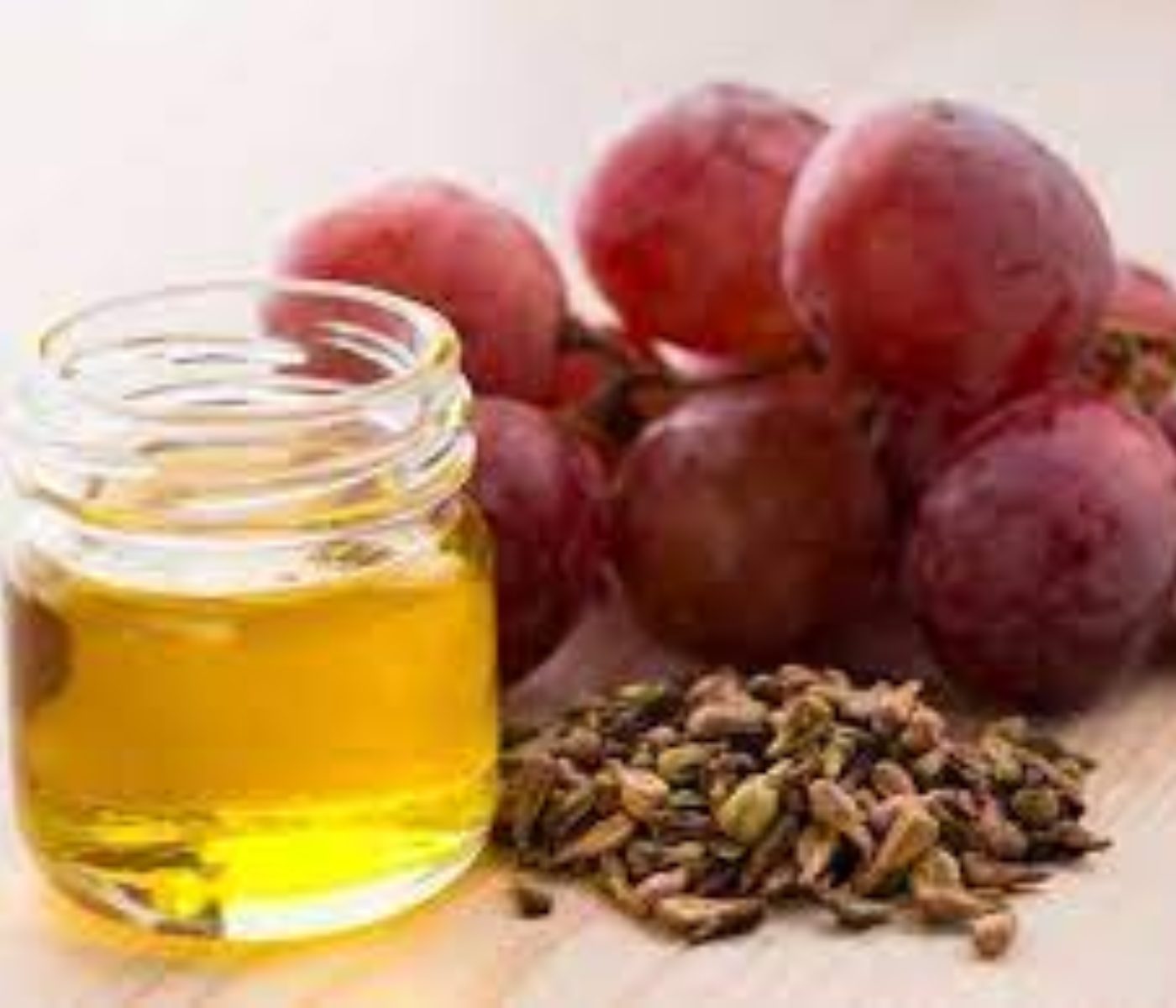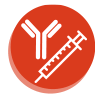Grape seed extracts may help reduce the use of antibiotics in farm animals
 21 Dec 2023
21 Dec 2023
Grape seed extracts may help reduce the use of antibiotics in farm animals
The NeoGiANT initiative, led by the University of Santiago de Compostela (Spain), has achieved significant progress in its goal of reducing dependence on antibiotics in animal farming.
 This initiative presents innovative solutions that leverage the widely recognized and powerful antimicrobial and antioxidant properties found in grape seed extracts. This is attributed to their rich assortment of phytochemicals, particularly their abundance of phenolic compounds. These solutions aim to develop enhanced animal feeds, treatment products, and organic sperm preservatives tailored for use in both livestock and aquaculture.
This initiative presents innovative solutions that leverage the widely recognized and powerful antimicrobial and antioxidant properties found in grape seed extracts. This is attributed to their rich assortment of phytochemicals, particularly their abundance of phenolic compounds. These solutions aim to develop enhanced animal feeds, treatment products, and organic sperm preservatives tailored for use in both livestock and aquaculture.
Project partners produce high-value natural antimicrobial and antioxidant products using low-cost polyphenols extracted from white grape pomace biomass. NeoGiANT’s product range includes animal feed, treatment solutions, and sperm extenders that meet the current demand for more affordable natural functional products from alternative sources.
NeoGiANT’s approach focuses on sustainability at three different levels: environmental (through the use of green technologies and agri-food by-products), economic (through an economical and waste-free production process), and social (through support for the growth of local producers).
18 MONTHS OF GROWTH
Since the project’s inception, the consortium has collaborated in various workshops and events with other European projects, conducting 14 events or actions so far. Additionally, it has joined 13 partnership activities with other EU projects and published the first collection of Practical Abstracts in the EPI-AGRI format. Furthermore, specific stakeholders have been identified, and a knowledge transfer strategy for Latin America has been developed. Two scientific publications on the bioactive extraction of grape pomace and antibiotic resistance can be found on the project’s website.
In the course of PR1, modifications were made to the composition of the External Advisory Board, facilitated with support from the EU and Ukrainian researchers, and this involved the addition of two new consultants.
Source:
You may also like to read: “Grape polyphenols an alternative for synthetic vitamin E”
Subscribe now to the technical magazine of animal nutrition
AUTHORS

Nutritional Interventions to Improve Fertility in Male Broiler Breeders
Edgar Oviedo
The Use of Organic Acids in Poultry: A Natural Path to Health and Productivity
M. Naeem
Synergistic Benefits of Prebiotics and Probiotics in Poultry, Swine, and Cattle
Gustavo Adolfo Quintana-Ospina
Hybrid Rye Potential in Laying Hen Feed Rations
Gwendolyn Jones
A day in the life of phosphorus in pigs: Part I
Rafael Duran Giménez-Rico
Use of enzymes in diets for ruminants
Braulio de la Calle Campos
Minerals and Hoof Health in the Pregnant Sow
Juan Gabriel Espino
Impact of Oxidized Fats on Swine Reproduction and Offspring
Maria Alejandra Perez Alvarado